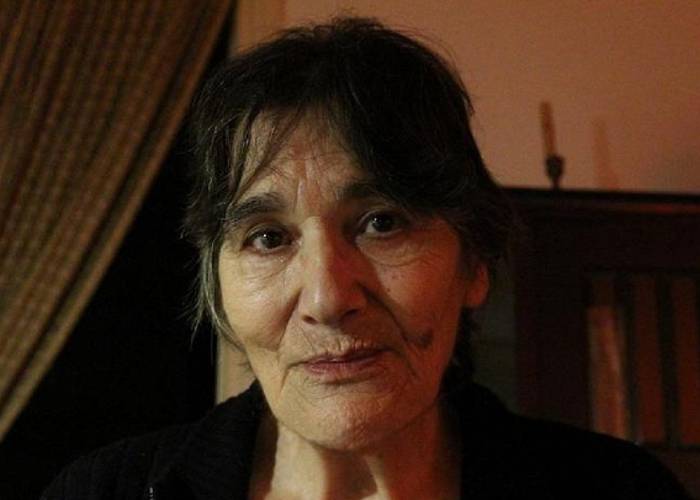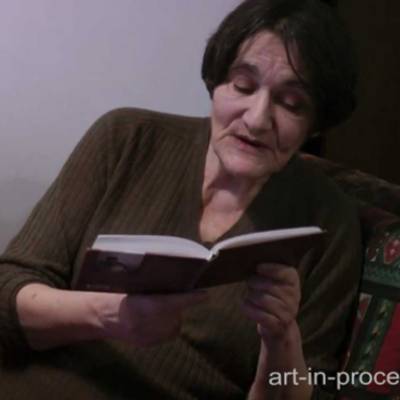
I forgive
my father for conceiving me
my mother for bearing me
my brother for looking alike
my sister for not being
my husband for dying
my children for not being born
but myself I do not forgive anything
(and I do not ask for forgiveness)
I forgive
the Germans for killing me
the Jews for thinking I’m one of them
the Russians for not thinking I’m one of them
the Japanese, the English and the Swedes
for not being Jewish
the earth for putting up with us all
But God I do not forgive anything
(most of all that he does not exist)
Translated from Russian by Nina Kossman
The Original:
Я прощаю
отцу за то что он меня зачал
матери за что она меня носила
брату за то что мы похожи
сестре за то что её нету
мужу за то что он умер
детям за то что они не родились
себе не прощаю ничего
(да и не прошу прощенья)
я прощаю
немцам за то что они меня убили
евреям за то что они меня считают своею
русским за то что они меня своей не считают
японцам англичанам и прочим шведам
за то что они не евреи
земле за то что она всех нас терпит
богу не прощаю ничего
(главным образом то что его нету)

Julia Wiener (July 22, 1935, Moscow – February 13, 2022, Jerusalem) was a bilingual writer, poet, scriptwriter, and translator. She said about herself: “I had lived the first half of my life as a Jew in the USSR and the second half of it as a Russian in Israel.” In the USSR, she earned her living by scriptwriting for Moscow TV; later, later by doing literary translations. She emigrated to Israel in 1971. She wrote and published both poetry and prose. She translated poetry and fiction from Hebrew, English, French, German, Polish, and Dutch. She was married to Johannes Hendrik Fernhout (1913—1987), a Dutch filmmaker, until his death in 1987.
Titles of her books (in Russian): «Снег в Гефсиманском саду», «На воздушном шаре — туда и обратно», «Собака и её хозяйка», «Смерть в доме творчества», «Былое и выдумки», «Красный адамант», «О деньгах, о старости, о смерти», «Место для жизни. Квартирные рассказы».
Launched in 2012, “Four Centuries” is an international electronic magazine of Russian poetry in translation.
“The Lingering Twilight” (“Сумерки”) is Marina Eskin’s fifth book of poems. In Russian.
A collection of moving, often funny vignettes about a childhood spent in the Soviet Union.
“Vivid picture of life behind the Iron Curtain.” —Booklist
“This unique book will serve to promote discussions of freedom.” —School Library Journal
A new collection of poems by Ian Probstein. (In Russian)
Young readers will love this delightful work of children’s verse by poet William Conelly, accompanied by Nadia Kossman’s imaginative, evocative illustrations.
A book of poems by Maria Galina, put together and completed exactly one day before the start of the Russian invasion of Ukraine. This is Galina’s seventh book of poems. With translations by Anna Halberstadt and Ainsley Morse.